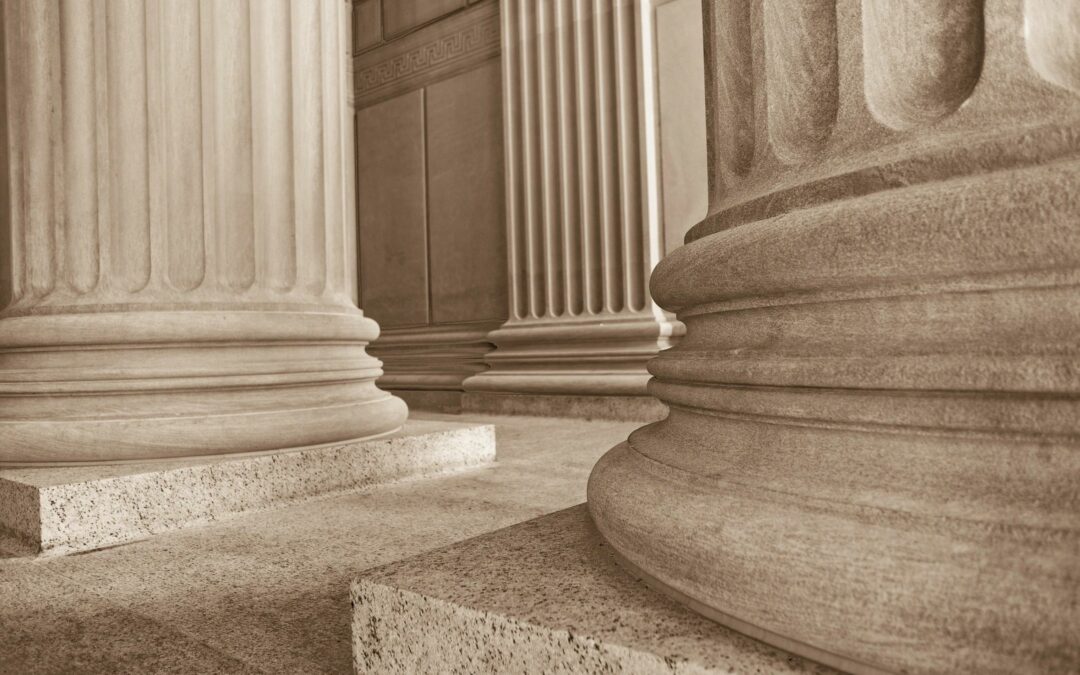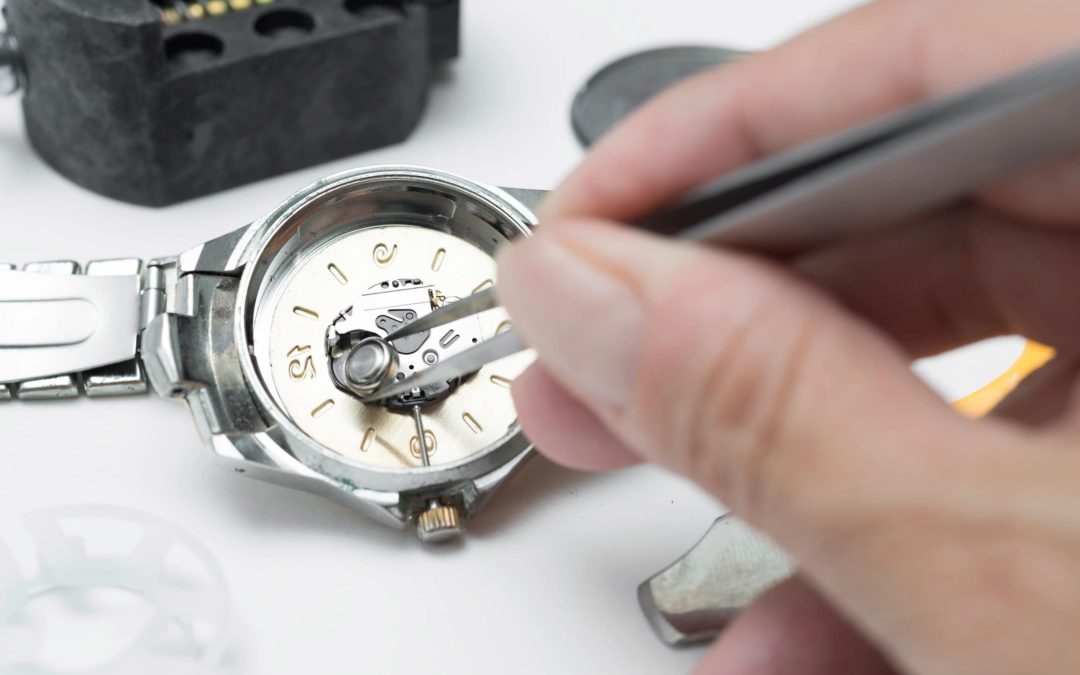
by Matthew Johnson | May 23, 2019 | Federal Circuit Appeal
By Jihong Lou and Matt Johnson Update: The Supreme Court has denied cert in RPX v. ChanBond. In past decisions, the Federal Circuit has made clear that a petitioner appealing a PTAB’s final written decision upholding the patentability of challenged claims after an AIA...

by Cary Miller | Feb 14, 2019 | Federal Circuit Appeal, Pharmaceutical, Standing
By Jihong Lou, Ph.D. and Cary Miller, Ph.D. Article III of the Constitution imposes a “case or controversy” limitation on the jurisdiction of federal courts: an actual case or controversy must exist between the parties at all stages of the federal court proceedings,...

by Matthew Johnson | Jan 31, 2019 | Federal Circuit Appeal, Pharmaceutical, Standing
By Mike Lavine and Matt Johnson Mylan Pharmaceuticals, Inc. petitioned for inter partes review (IPR) of U.S. Patent No. 6,858,650 (the “‘650 Patent”), which is owned by UCB Pharma GmbH (“UCB”) and is directed to chemical derivatives of a drug for treating urinary...

by Kenneth Luchesi | Jan 25, 2019 | Federal Circuit Appeal, Final Written Decisions
By Kenny Luchesi Amazon.com, Inc. and Blizzard Entertainment, Inc. (“Amazon”) filed a petition for inter partes review challenging the validity of AC Technologies S.A.’s (“AC”) U.S. Patent No. 7,904,680. See IPR2015-01802. Amazon asserted three grounds of...

by Greg Castanias | Jan 17, 2019 | Federal Circuit Appeal, PTAB News, Time Limits
By Greg Castanias and Doug Pearson On January 11, 2019, Dex Media filed a Petition for Writ of Certiorari seeking review of the Federal Circuit’s decision in Click-To-Call Tech. v. Ingenio, Inc., 899 F.3d 1321 (Fed. Cir. 2018) (en banc in relevant part). ...

by John Marlott | Dec 28, 2018 | Federal Circuit Appeal
By John Marlott – Estimates are that roughly 80% of IPRs involve a challenge to a patent being asserted against the petitioner in a district court litigation. Typically, in those IPRs, if the litigation-defendant-petitioner loses at the PTAB, there is no...







